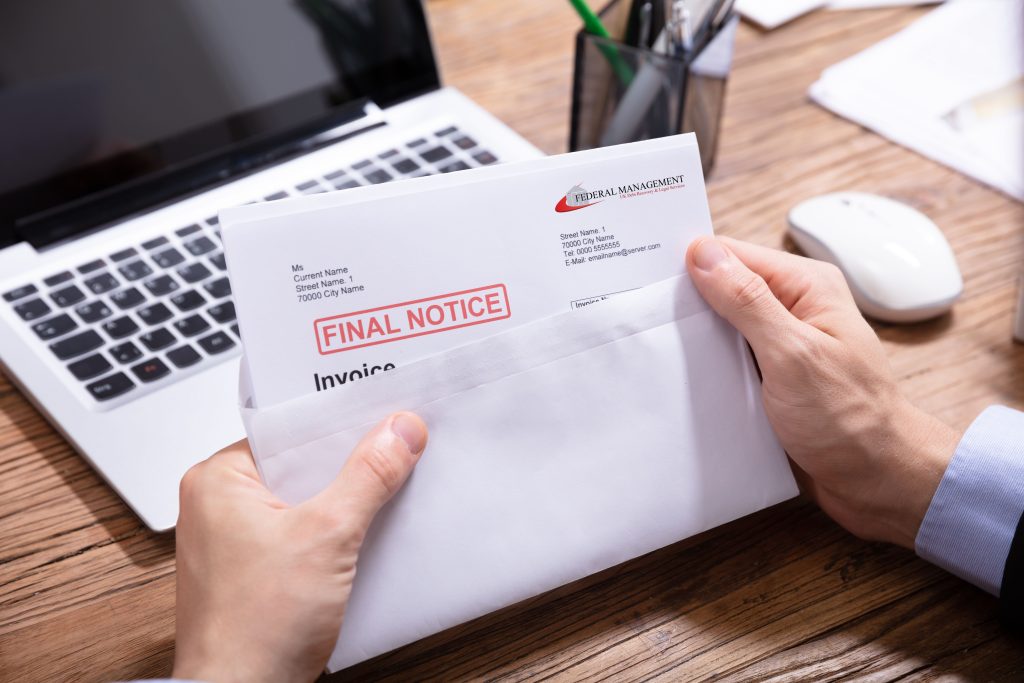Unsettled Invoices – Client’s Payment Delay Creates Cash Flow Concerns
Unsettled invoices are a common headache for businesses of all sizes, but when a client’s payment delay becomes a chronic issue, it can create significant cash flow concerns. Cash flow is the lifeblood of any business, enabling it to meet its day-to-day expenses, invest in growth and remain financially healthy. When invoices go unpaid for extended periods, it disrupts this crucial financial rhythm. One of the primary consequences of unsettled invoices is the strain it places on a company’s ability to cover its operational costs. Suppliers, employees, rent, utilities and various other expenses continue to mount regardless of whether clients have paid their bills. This often forces businesses to dip into their reserves or take on debt to bridge the gap, which, in turn, can lead to increased interest payments and a reduction in overall profitability. Moreover, this precarious financial situation can jeopardize a company’s ability to take advantage of growth opportunities or respond to unexpected crises.

Client payment delays can also disrupt the budgeting and financial planning processes. When invoices remain outstanding for an extended period, it becomes challenging to predict when those funds will be available for allocation. This uncertainty can hinder a business’s ability to make informed decisions about investments, hiring, or expansion. It forces companies to operate in a reactive mode rather than a proactive one, which can limit their ability to seize market opportunities and stay competitive. Furthermore, persistent payment delays can strain relationships with clients. What may have initially been a strong, trusting partnership can quickly erode when invoices are consistently paid late. This deterioration in trust can result in strained communication, reduced client loyalty and even the loss of valuable business relationships. Companies may need to dedicate additional resources to chasing overdue payments, diverting time and effort away from core business activities.
To mitigate these cash flow concerns, businesses must adopt proactive strategies. Clear and transparent invoicing practices, including detailed payment terms and expectations, can help set the stage for timely payments. Regular follow-ups and reminders can also encourage clients to prioritize settling their invoices. Some businesses opt for early payment discounts or penalties for late payments to incentivize clients to adhere to agreed-upon timelines. In cases where clients continually delay payments, it may be necessary to reassess the business relationship. This could involve renegotiating terms, requesting partial payments upfront, or, in extreme cases, client not paid invoice terminating the partnership. While these steps may seem drastic, they are essential for maintaining a healthy cash flow and ensuring the long-term sustainability of the business. In conclusion, unsettled invoices and client payment delays can have far-reaching consequences for a business’s cash flow, financial stability and overall operations. By implementing clear invoicing practices, proactive follow-ups and, when necessary, reassessing client relationships, businesses can better manage these challenges and maintain a healthy financial foundation. Cash flow remains paramount in ensuring a company’s ability to weather the ups and downs of the business world and seize opportunities for growth.

